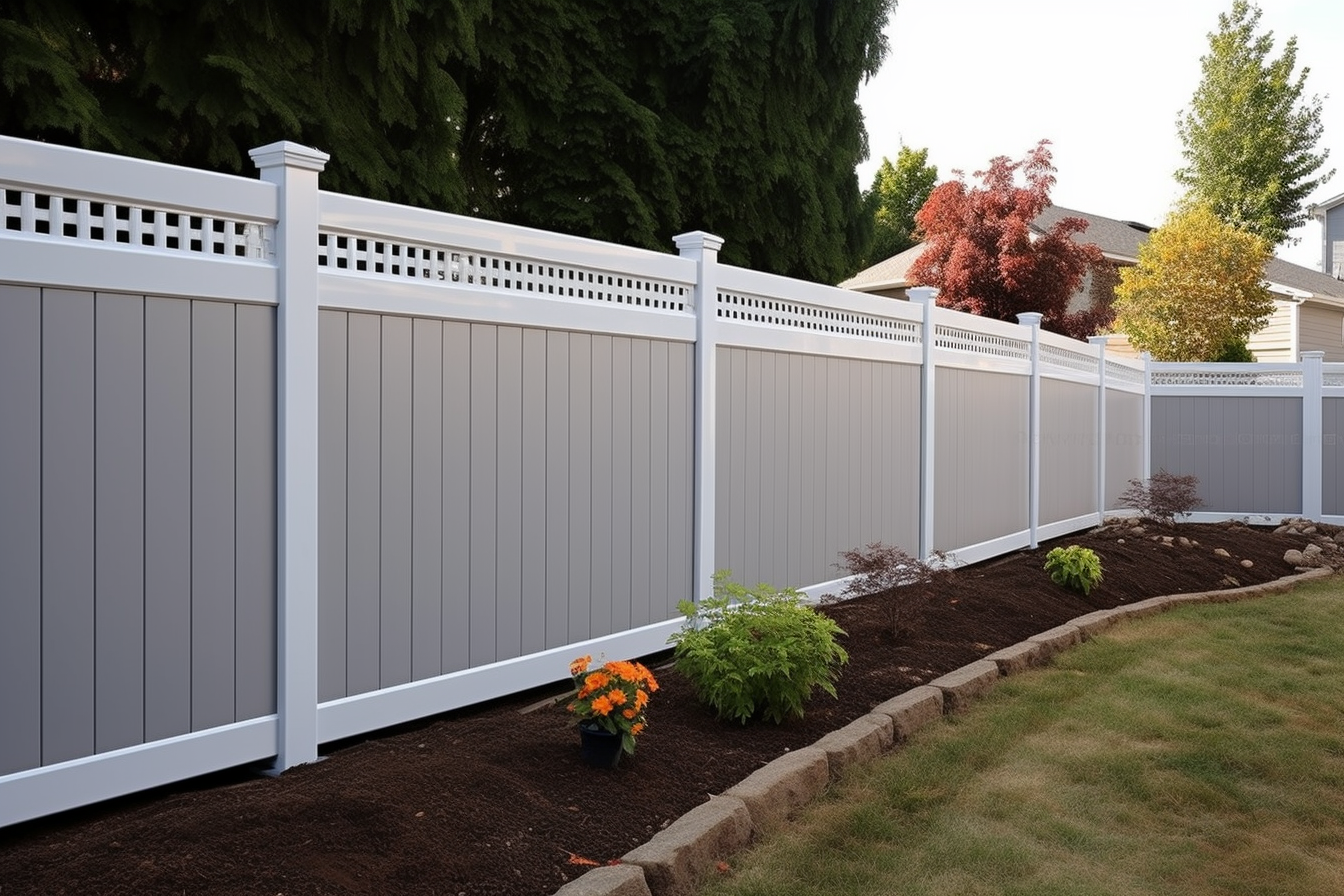Fence Companies: Choosing the Right Provider for Your Property
Selecting the right fence company is crucial for enhancing your property's security, privacy, and aesthetic appeal. Whether you're considering a vinyl fence, wood fence, or exploring various fence panels, finding a reputable provider is key to ensuring a successful installation. This article will guide you through the process of choosing a fence company, discussing important factors to consider, and highlighting popular fencing options available in the market today.

What services do fence companies typically offer?
Fence companies offer a wide range of services to meet diverse customer needs. These typically include:
-
Fence installation: Professional installation of various fence types, including vinyl, wood, chain-link, and aluminum fences.
-
Fence repair: Fixing damaged or worn-out fences to restore their functionality and appearance.
-
Custom fence design: Creating unique fence designs tailored to specific property requirements and aesthetic preferences.
-
Gate installation: Installing gates that complement the fence and provide convenient access points.
-
Fence maintenance: Offering regular upkeep services to extend the lifespan of fences.
Many fence companies also provide consultations to help homeowners choose the best fencing solution for their property.
How do I choose the right fence company for my project?
Selecting the right fence company requires careful consideration of several factors:
-
Experience and expertise: Look for companies with a proven track record in fence installation and a portfolio of completed projects.
-
Licensing and insurance: Ensure the company is properly licensed and insured to protect yourself from liability.
-
Customer reviews: Read online reviews and ask for references to gauge customer satisfaction.
-
Material quality: Inquire about the types and quality of materials used in their fencing products.
-
Warranty options: Check if the company offers warranties on both materials and workmanship.
-
Pricing and estimates: Request detailed quotes from multiple companies to compare pricing and services offered.
By evaluating these aspects, you can make an informed decision and choose a fence company that best meets your needs.
What are the advantages of vinyl fences?
Vinyl fences have gained popularity in recent years due to their numerous benefits:
-
Durability: Vinyl fences are resistant to rot, rust, and pest damage, making them long-lasting.
-
Low maintenance: They require minimal upkeep, typically needing only occasional cleaning with soap and water.
-
Versatility: Vinyl fences come in various styles and colors, suitable for different property types and aesthetics.
-
UV resistance: High-quality vinyl fences are designed to resist fading and discoloration from sun exposure.
-
Cost-effective: While initial costs may be higher than some other materials, the long-term durability and low maintenance make vinyl fences a cost-effective choice.
These advantages make vinyl fences an attractive option for homeowners seeking a durable and low-maintenance fencing solution.
What are the benefits of wood fences?
Wood fences remain a popular choice among homeowners for several reasons:
-
Natural aesthetic: Wood fences offer a classic, timeless look that complements various architectural styles.
-
Customization: They can be easily painted or stained to match your property’s color scheme.
-
Affordability: Wood is often more budget-friendly compared to other fencing materials.
-
Privacy: Solid wood fences provide excellent privacy for your outdoor spaces.
-
Eco-friendly: Wood is a renewable resource, making it an environmentally conscious choice.
While wood fences require more maintenance than some alternatives, many homeowners appreciate their natural beauty and versatility.
How do fence panels contribute to efficient installation?
Fence panels play a crucial role in streamlining the fence installation process:
-
Pre-assembled sections: Fence panels come as pre-built sections, reducing on-site construction time.
-
Consistent appearance: Panels ensure uniform height and spacing between pickets or slats.
-
Easier transportation: Compact panels are more manageable to transport and handle during installation.
-
Versatility: Panels are available in various materials, including wood, vinyl, and composite, offering diverse options.
-
Cost-effective: The use of panels can reduce labor costs due to quicker installation times.
Fence panels are an efficient solution for both DIY enthusiasts and professional fence installers, offering a balance of convenience and customization.
What factors influence the cost of fence installation?
The cost of fence installation can vary significantly based on several factors:
-
Fencing material: Different materials come with varying price points, with vinyl generally being more expensive than wood.
-
Fence length and height: Longer and taller fences require more materials and labor, increasing the overall cost.
-
Property terrain: Uneven or difficult terrain may require additional preparation work, affecting the installation cost.
-
Gate installation: Adding gates to your fence will increase the project’s total cost.
-
Permit fees: Some areas require permits for fence installation, which can add to the overall expense.
To provide a clearer picture of fencing costs, here’s a comparison of average prices for different fence types:
| Fence Type | Material Cost per Linear Foot | Installation Cost per Linear Foot | Total Cost per Linear Foot |
|---|---|---|---|
| Vinyl | $15 - $30 | $5 - $10 | $20 - $40 |
| Wood | $7 - $15 | $5 - $10 | $12 - $25 |
| Chain-link | $5 - $20 | $5 - $10 | $10 - $30 |
| Aluminum | $20 - $40 | $5 - $10 | $25 - $50 |
Prices, rates, or cost estimates mentioned in this article are based on the latest available information but may change over time. Independent research is advised before making financial decisions.
In conclusion, choosing the right fence company involves careful consideration of their services, experience, and the materials they offer. Whether you opt for a vinyl fence, wood fence, or another type using pre-made fence panels, understanding your options and the associated costs will help you make an informed decision. By weighing the pros and cons of different fencing materials and installation methods, you can select the best solution for your property’s needs and budget.
The shared information of this article is up-to-date as of the publishing date. For more up-to-date information, please conduct your own research.




